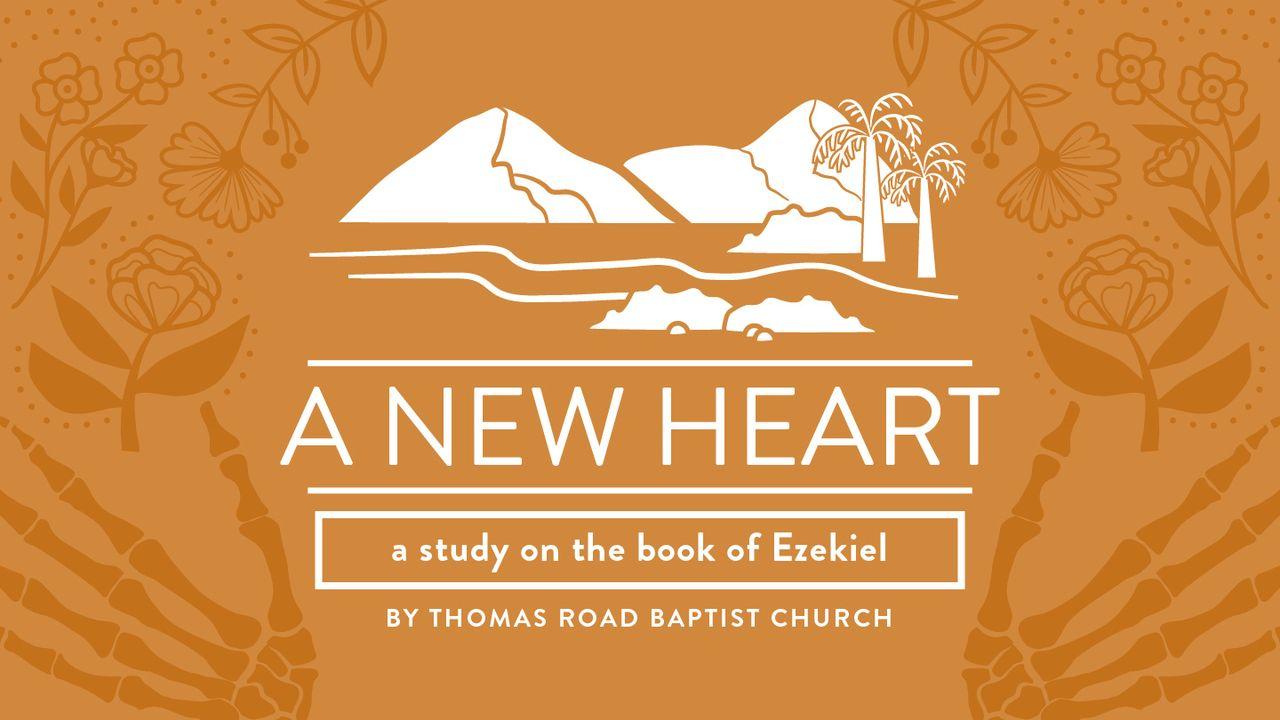A New Heart: A Study in Ezekielគំរូ

What does it say?
Ezekiel compared Egypt and Assyria to great cedar trees. Pharaoh would be brought down, just as the ruler of nations had cut down Assyria.
What does it mean?
Ezekiel prophesied Pharaoh’s death allegorically. Like Assyria before her, Egypt towered above surrounding nations, dictating everything that happened in the region. But because of Assyria’s pride, the Lord orchestrated her downfall at the hand of Nebuchadnezzar. Even though Egypt had been Assyria’s close ally when conquered by Babylon, Pharaoh apparently learned nothing from her demise; he arrogantly thought he and Egypt were untouchable. No one is above accountability to the Sovereign Lord.
How should I respond?
You may have heard someone say, “Learn from the mistakes of others. You’ll never live long enough to make them all yourself!” So often, though, we think we can head down the same disastrous path we’ve watched others tread, yet with better results. That kind of thinking is either foolish or delusional. What warning can you currently take from observing someone else’s life? It might be a spiritual, financial, or practical issue. Maybe a sinful attitude is clouding your judgment. How have you seen that same attitude cause someone else to fall? Learn from their mistake before you pay the price.
អត្ថបទគម្ពីរ
អំពីគម្រោងអាននេះ

An exile himself, Ezekiel prophesied to a people whose blindness and hard-heartedness had caused their own destruction. As the Lord’s glory leaves the temple (Ezekiel 10:1-3), we are reminded of the tragic consequences of Israel’s disobedience. Israel’s story, however, will not end in exile and judgment. Ezekiel prophesies of the day when God will cleanse his people of their sin, give them a new heart, and fill them with His Spirit (Ezekiel 36:25-27).
More









